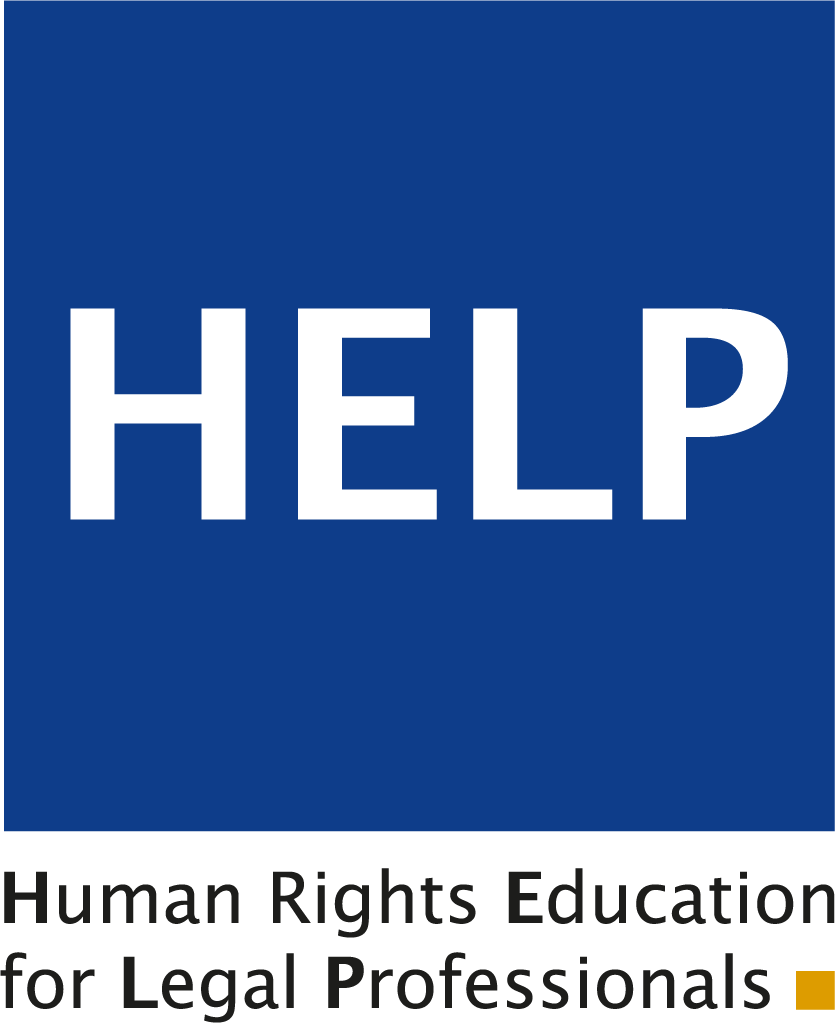On 11th December 2024, the day after Human Rights Day, the Council of Europe Human Rights Education for Legal Professionals (HELP) Programme organised an online event, aimed at supporting universities and professors in in advancing human rights education. 88 participants from CoE member states and beyond explored the role of higher education institutions in promoting human rights through enhanced students’ knowledge and engagement. The event also provided practical guidance on integrating HELP courses into university curricula to support teaching and learning.
Key Highlights:
Lilja GRÉTARSDÓTTIR, Head of the Department for the Implementation of Human Rights, Justice and Legal Co-operation Standards of the Council of Europe, stressed the importance of championing human rights through education, highlighting that today’s students are tomorrow’s human rights defenders. She underlined the pivotal role of the HELP Programme as a flagship educational initiative, providing free, accessible online training.
Elizabeth KASA-MÄLKSOO, Programme Director of Master’s Programme in International Law and Human Rights of the University of Tartu, Estonia, elaborated on the role of universities in promoting human rights standards and values. She pointed out the importance of linking theory and practice to engage and empower students becoming agents of change, not only in law, but also in fields like medicine, journalism, or technology.
Katia DOLGOVA-DREYER, Head of Unit of the Council of Europe’s Education Department, highlighted the significance of integrating a human rights-based approach in higher education institutions. She mentioned the ongoing and future CoE projects and stressed the importance of empowering teachers individually and the importance of protecting academic freedom for better upholding democratic values.
Ana-Maria TELBIS, Head of the Justice and Human Rights Training Division, made an overview of the HELP Programme with practical steps for integrating HELP courses into academic programme. She introduced the new courses and those particularly relevant for university students, demonstrating their accessibility and adaptability across disciplines.
Participants also gained insights from a presentation on the Open CoE Academic Network (OCEAN) by Olaf KÖNDGEN, OCEAN Coordinator. He explained the role of the network and encouraged participants to adhere to its growing reach.
A dedicated session, moderated by Krystyna KHOKHLOVA, Programme manager at the Justice and Human Rights Training Division, showcased the experiences of those professors who have successfully integrated HELP courses in their university curricula. Professors from Armenia, Moldova, Finland, Ukraine, and Kyrgyzstan presented best practices illustrating how they incorporate HELP courses to enrich their syllabus.
Throughout the event, participants shared insightful experiences on their use of HELP courses and received practical instructions from the HELP Secretariat. The Council of Europe HELP Programme remains dedicated to assist professors from different teaching areas to use HELP courses as a practical tool to be integrated in their daily work.
How can students take HELP courses?
- Students can take a ‘self-learning’ HELP course and obtain the so-called ‘HELP statement of accomplishment’, which will attest that they have completed the course. They can bring this statement of accomplishment to the professors, which can in turn accept it for the purposes of crediting the students.
- Exceptionally, if there is a longstanding cooperation between a university and the HELP Programme, dedicated virtual spaces can be opened on the HELP online platform for professors who are HELP certified tutors and run autonomously by the professors.
There are currently 57 different HELP online courses, available in more than 700 national language versions on the HELP online platform, that you can integrate in your teaching as complementary resources to your core curriculum.
Recording od the event and additional materials can be found HERE.




